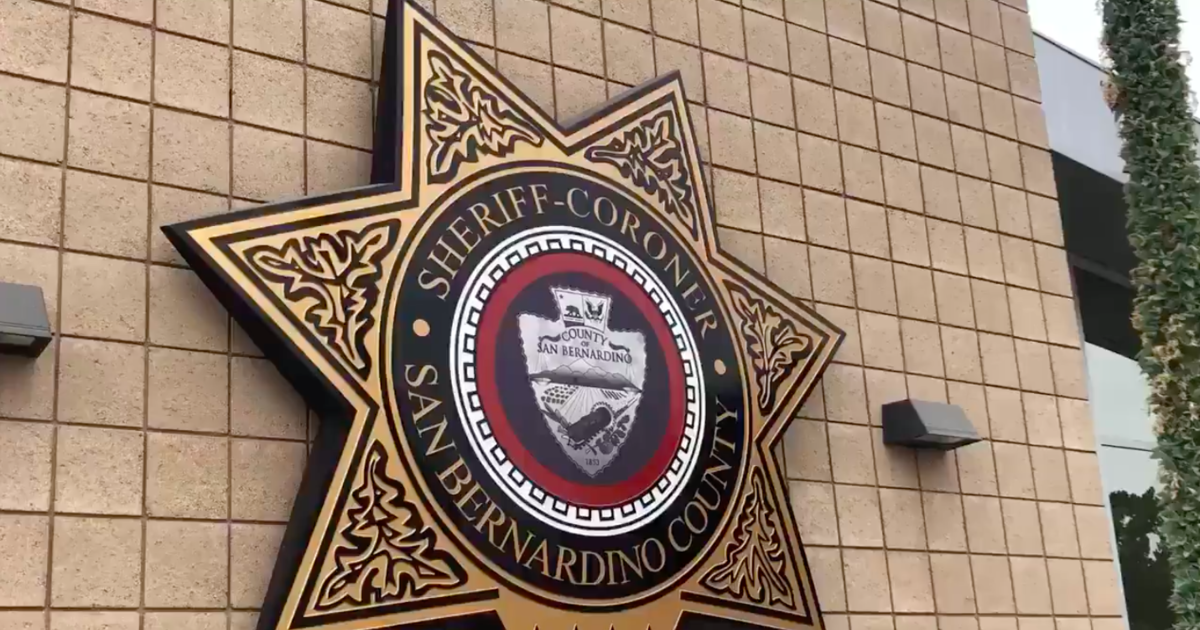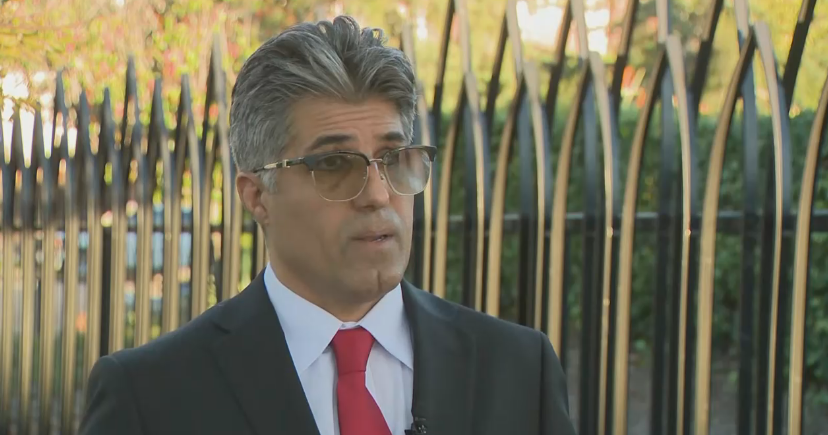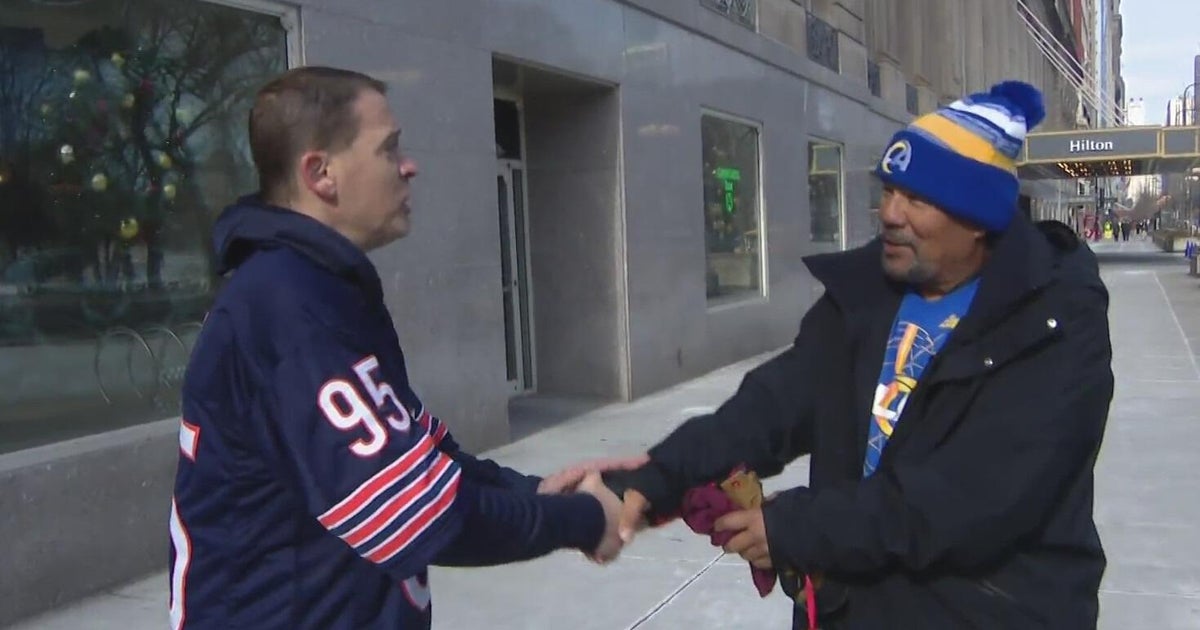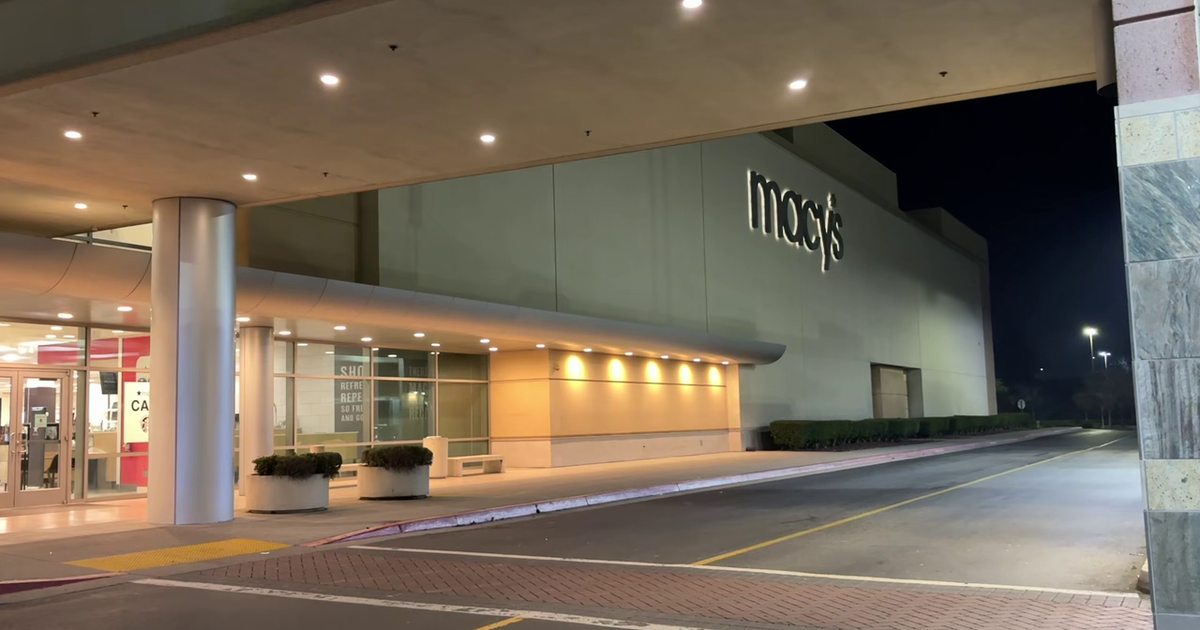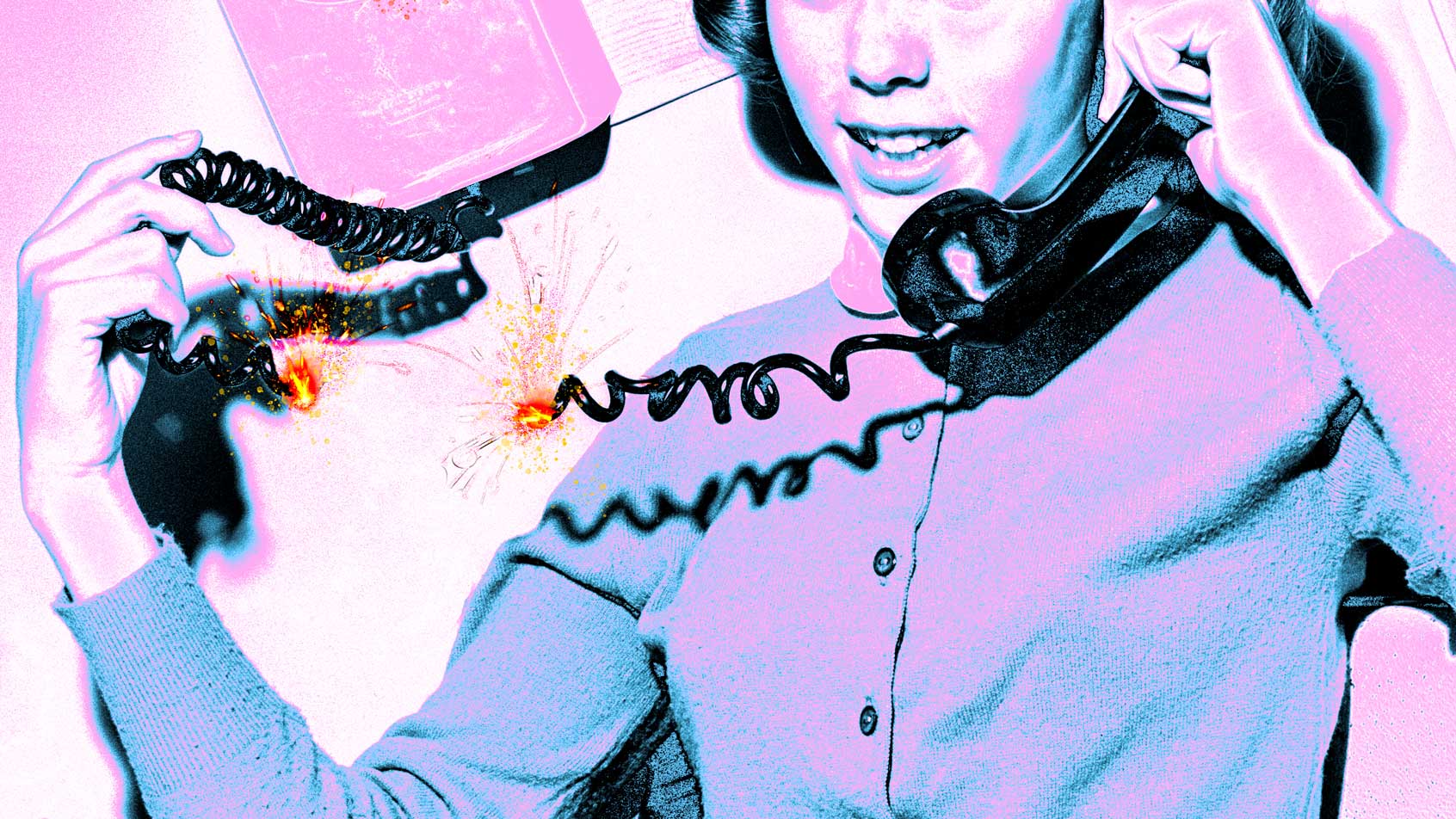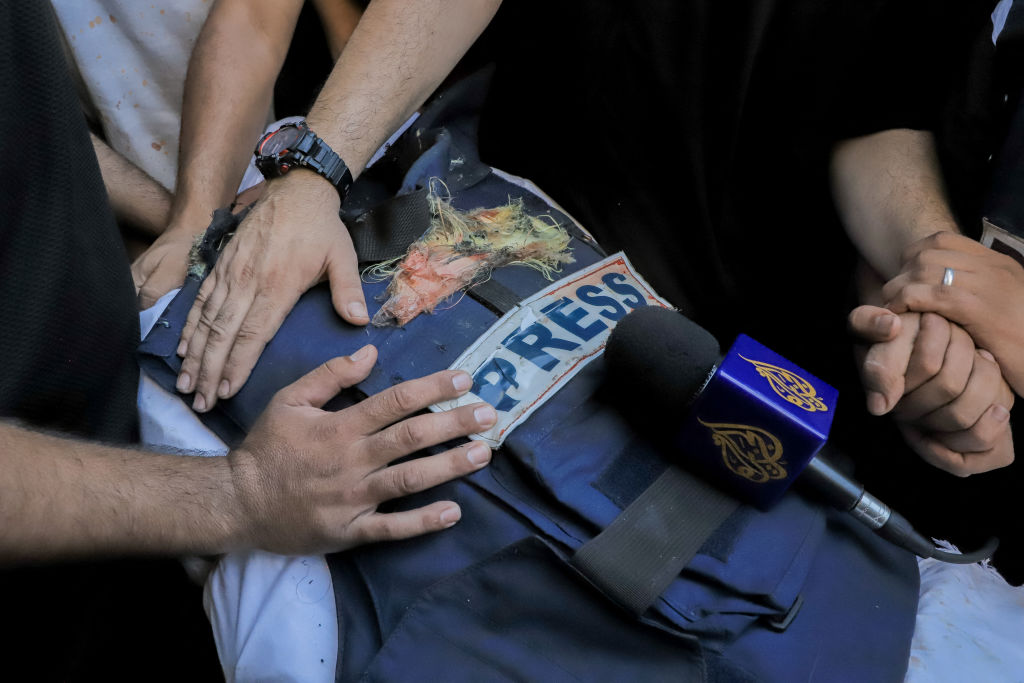Rappler news’ Maria Ressa calls for press freedom at rally after posting bail
Manila, Philippines -- Maria Ressa, CEO and executive editor of Manila-based online news site Rappler, is out on bail after getting arrested Wednesday for alleged cyber libel. Her legal battles will continue in court, but on Friday, she took her fight to the streets.
"Do not be afraid. Speak out against suppression of press freedom," Ressa told a crowd of journalists, activists, and civic leaders, who all wore black.
Since 2016, shortly after Rodrigo Duterte was elected president of the Philippines, Ressa has been the subject of harassment online for her news outlet's reporting on the Philippine government's war on drugs and its use of social media for propaganda.
- Inside Rodrigo Duterte's drug war — Part 1, the cycle of violence
- Inside Rodrigo Duterte's war on drugs — Part 2, the human toll
In his State of the Nation Address in July 2017, Duterte claimed that Rappler is fully owned by Americans. Barely six months later, the company's licence was cancelled. An appeals court ordered a review of the revocation, but Ressa and her organization were then charged with tax evasion.
The latest case against Ressa, which stems from a story published in April 2012, months before a cybercrime law was enacted in the Philippines, has garnered the most attention, however.
Leading international figures, media watchdogs, and human rights organizations have released statements of support for the veteran journalist and criticized the Philippine government for what they say is a violation of the principles of press freedom.
Former U.S. Secretary of State Madeleine Albright, in a tweet, described the arrest as "outrageous, and as something "that must be condemned by all democratic nations."
The U.S. Embassy in Manila also issued a statement stressing the need for due process in accordance with international standards in the cyber libel case against Ressa.
"The world is watching. I have to say what our government has been doing has been embarrassing," Ressa said.
But Duterte claimed he had nothing to do with Ressa's recent detention.
"Frankly, I do not know the complainant and what prompted him to file the case," he told reporters on Thursday.
The Philippine president also rejected accusations that the arrest was an assault on press freedom and an attempt to silence dissent.
Critics disagree, however. In a statement, the Consortium on Democracy and Disinformation said that the legal theory used to charge Ressa, "that of continuing publication on a website, opens every person who posts online or on social media to the legal absurdity of a prescription-less crime of libel. This is useful for authoritarian regimes; it is anathema to democracies."
Inadvertently or not, Ressa has become the face of a mainstream media that has been constantly under attack by Duterte. She says she is determined to hold officials whom she claims violated her rights accountable, but that the struggle to keep democracy alive isn't hers alone.
